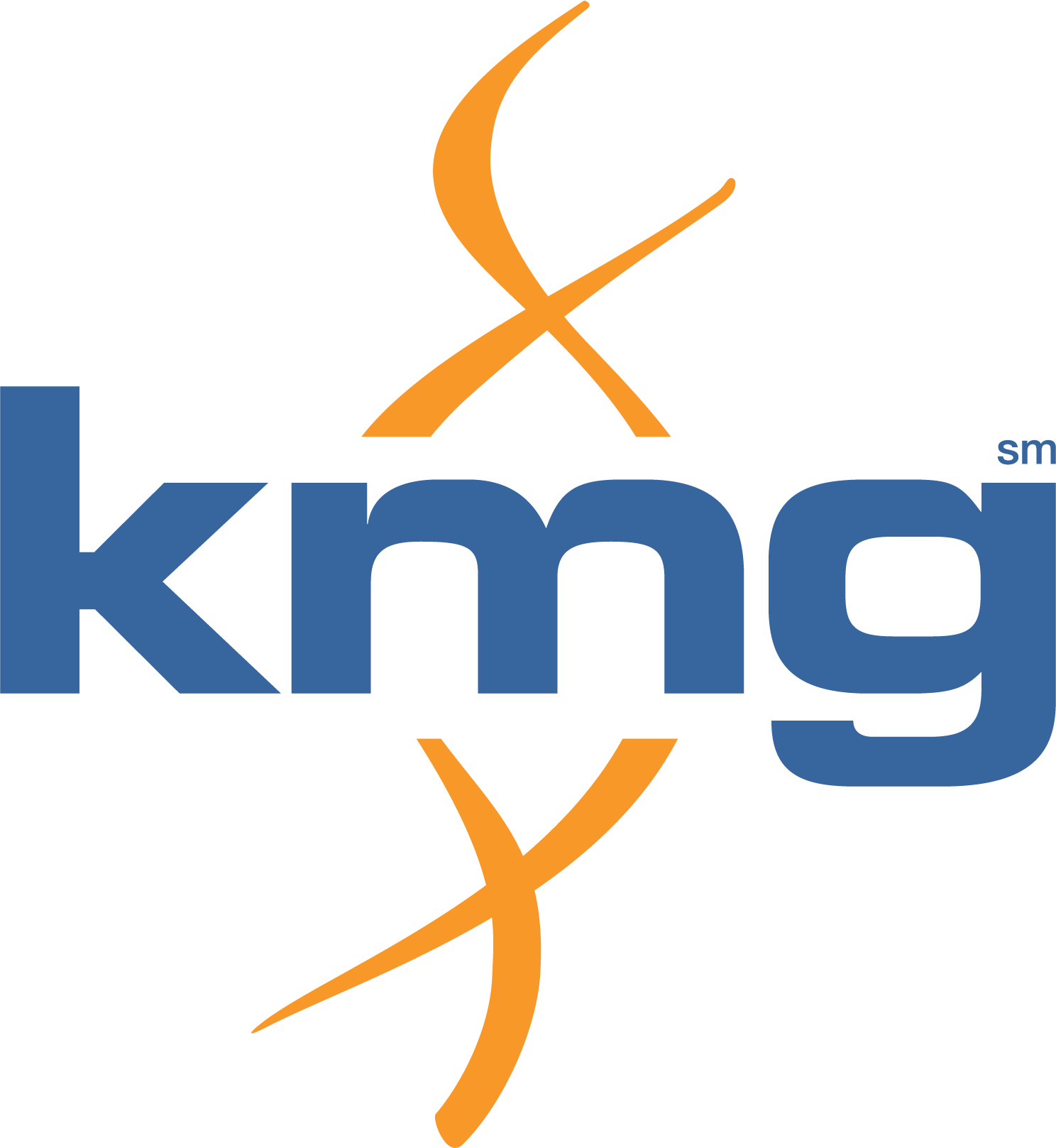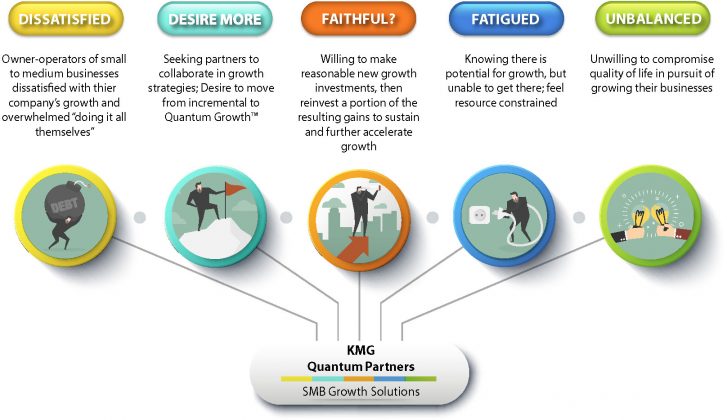5 Important Steps to Make Sure you are Building an Effective CRM Solution
 At any stage of entrepreneurship, you’ve heard your fair share of CRM importance. But how clear are you on how to build one? Because CRM’s are instrumental in helping businesses build relationships with customers, it is critical to make sure your CRM is set up in a way that creates loyalty and customer retention. Since customer loyalty and revenue are both qualities that affect a company’s revenue, CRM and its management strategy have a big impact on increased profits for a business. So, what can you do to build a stronger CRM?
At any stage of entrepreneurship, you’ve heard your fair share of CRM importance. But how clear are you on how to build one? Because CRM’s are instrumental in helping businesses build relationships with customers, it is critical to make sure your CRM is set up in a way that creates loyalty and customer retention. Since customer loyalty and revenue are both qualities that affect a company’s revenue, CRM and its management strategy have a big impact on increased profits for a business. So, what can you do to build a stronger CRM?
One – Make sure you truly understand the owners version.
The owner of a company typically has a high level vision they want to achieve. Making sure you understand this vision will help you to make the right decisions to ensure it is possible. Because of the complexities of CRM, often it helps to have a high level vision in mind from the beginning that can serve as a Northstar along the way.
Two – Make sure you have a plan before you begin.
Creating a plan will align the owners version to a strategy that can be successfully executed. This strategy should be realistic and consider the unique needs of the business. It is important to discuss features and use cases, but it is also important to consider the results from the beginning. This includes identifying Key Performance Indicators that measure success and making sure these a hardwired into your CRM and related workflows. If you can measure it you can increase the accountability required to achieve your goals.
Three – Ensure you have the right professional services available to fill in the gaps.
It is important to consider the impact of CRM across your entire organization. Because an effective CRM is not limited exclusively to your sales team, you will want to consider everyone who will interact with it. This includes, employees, customers, vendors and other key stakeholders. Many times this can be solved easily by bringing in subject matter experts for aa few hours to define key success factors. A fully leveraged CRM touches on all aspects of your business including marketing, recruitment, delivery and project management. Make sure you consider all perspectives from the beginning.
Four – You can’t avoid the hard work.
Once the planning is complete and the work plan is in place, there still a lot of hard work to be done. While it can be time consuming, taking on the hard work will ensure that workflows are properly integrated and the data in your CRM is clean and accurate. This hard work is often the difference between a successful solution you can leverage for Quantum Growth™ and a disparate set of tools that hangs over your organization like an albatross.
Five – Your tools should fit your needs not the other way around.
There are many great CRM solutions in the marketplace, but unfortunately, many businesses start by selecting a tool. Features are important, but they should not come before the first four steps we have mentioned above. When you start with a tool, you limit yourself to the vision that the CRM creators had. This may help, but it is impossible that they can conceive of the very unique needs of every business. It is better to go through the four steps mention above and then ensure that whatever tool you select can be tailored to meet those objectives. An effective CRM tool should be easy to use, available across multiple devices, provide clear transparency and accountability for who is doing what. Finally, it should give you real-time access to the measurements and metrics that are most important to grow your business.
One final thought. The true power of CRM lies in its ability to provide you with the data that you need to make effective decisions. Make sure you are aligned with that objective and things will be much easier at every step.
Good luck! Let us know if we can help!


